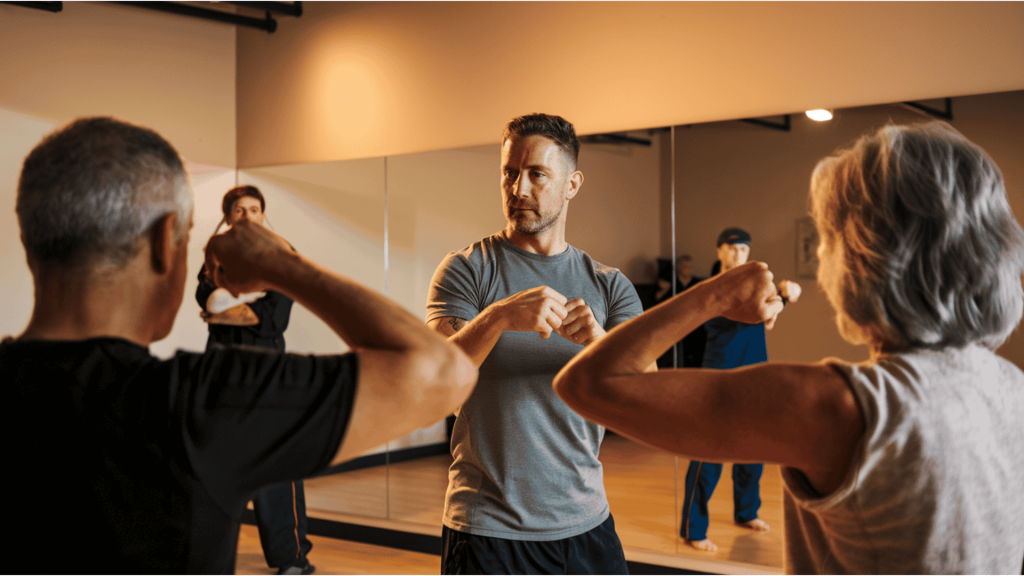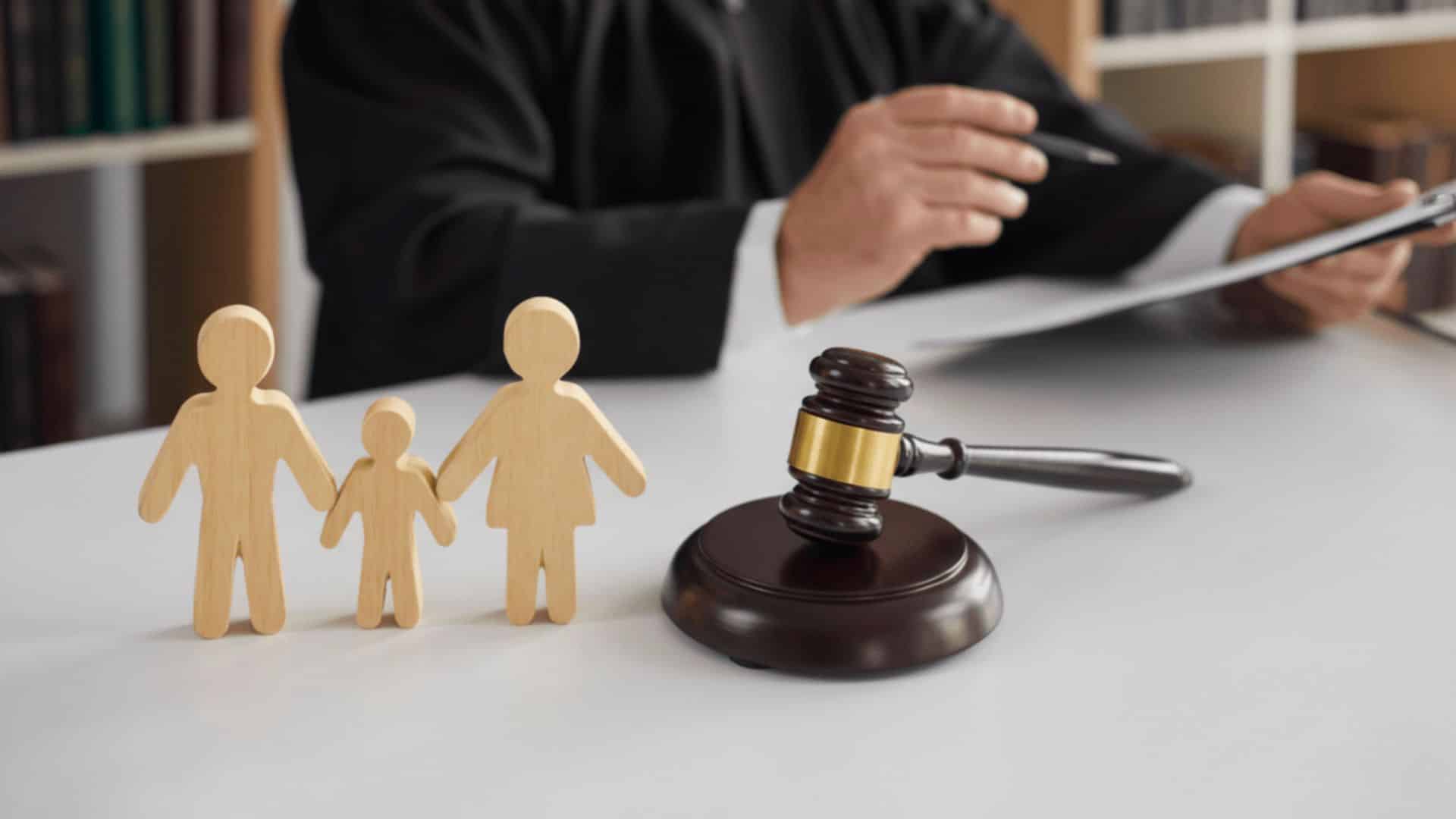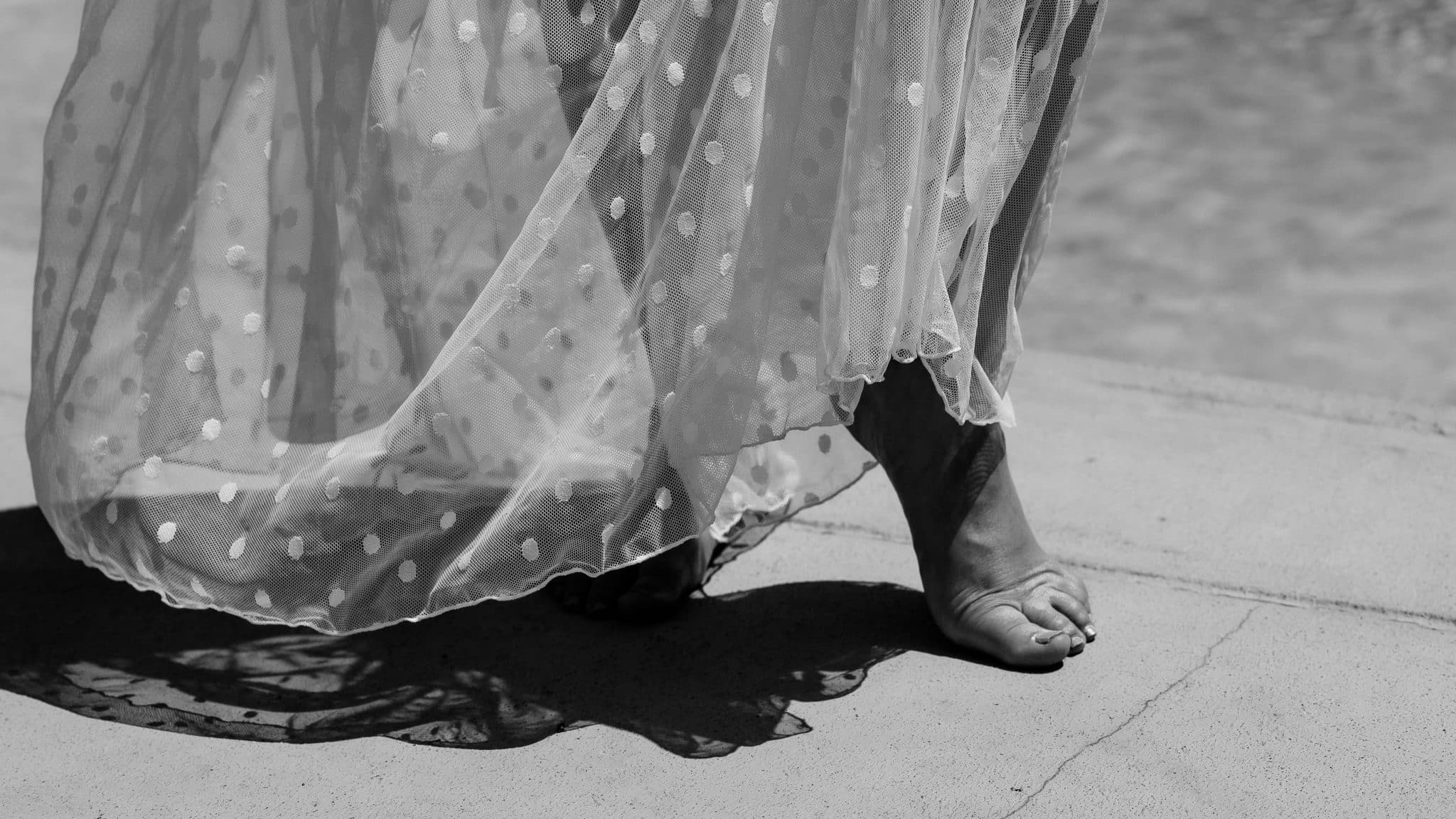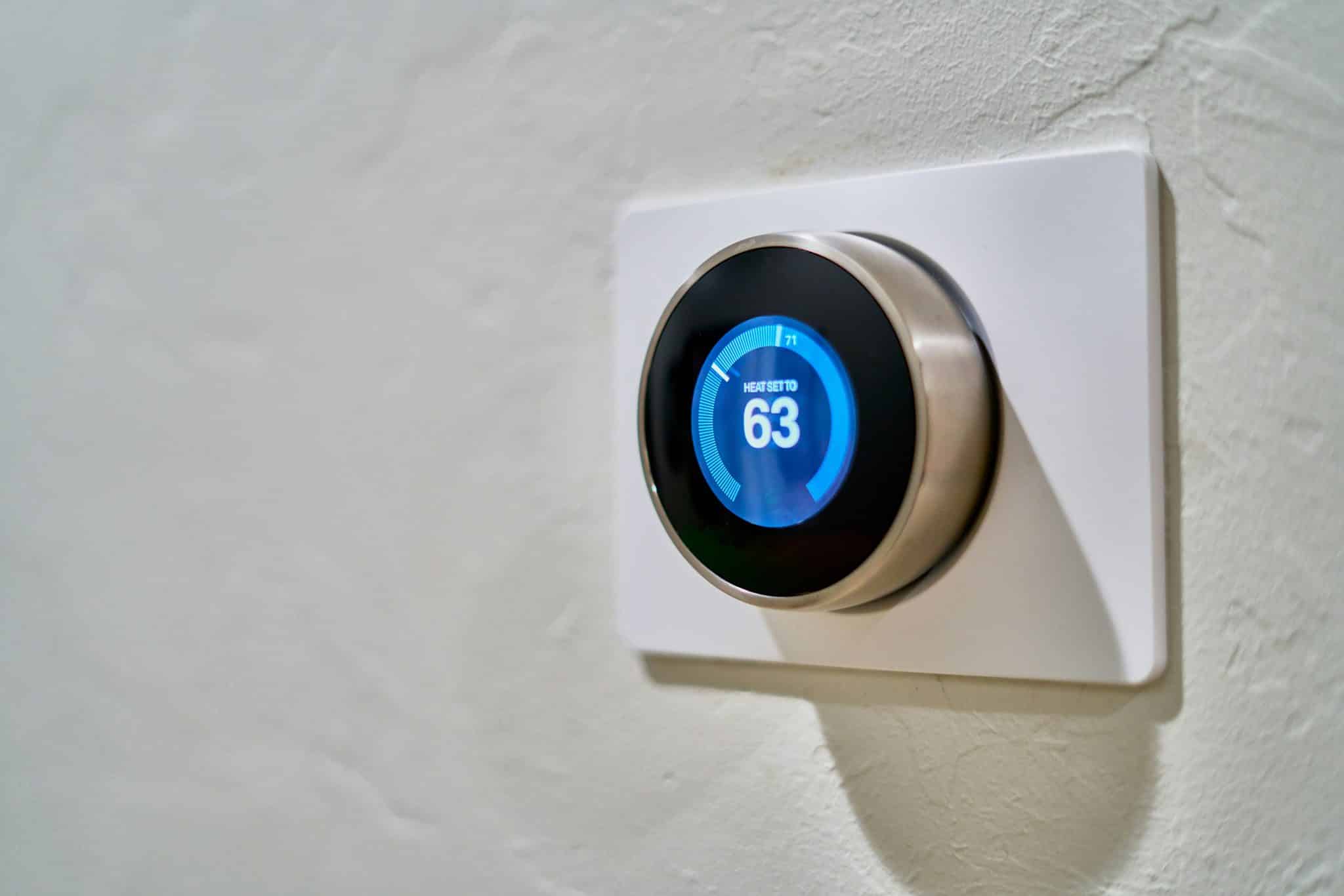Have you ever felt that sudden chill when walking to your car at night? That moment when you sense you may not be as safe as you thought?
You’re not alone. Every day, Americans across cities, suburbs, and college campuses face situations that test their awareness and preparation.
Personal safety is more than just avoiding crime; it’s about developing everyday habits that keep you confident, alert, and prepared for anything. The good news is that these habits aren’t complicated.
In this blog, I’ll share practical tips tailored to real-world U.S. situations. They’re simple to learn, easy to apply, and can make a big difference in your safety.
Tip 1: Trust Your Instincts and Stay Alert
Your body has a built-in warning system that often notices threats before your brain fully processes them. That uneasy feeling in your stomach? It’s usually worth paying attention to. Whether you’re walking through downtown Chicago or strolling in a small suburban town, trusting your instincts is your first defense.
-
Keep your head up and maintain brief eye contact with others.
-
Scan your surroundings regularly without appearing anxious.
-
Avoid distractions like texting or scrolling while walking alone.
Awareness doesn’t mean paranoia; it’s about respecting your intuition and giving yourself the chance to act early if something feels off.
Tip 2: Walk Confidently in Well-Lit Areas

Body language is powerful. Criminals often target individuals who appear distracted, timid, or unaware. By walking with purpose, shoulders back, head up, you project confidence and draw attention.
Whenever possible, choose well-lit areas with steady pedestrian or vehicle traffic. Avoid shortcuts through alleys, vacant lots, or isolated paths, even if they save time.
In suburban neighborhoods without sidewalks, walk against traffic so you can see approaching vehicles.
Consider your route as part of your overall safety plan. Choosing visibility, light, and access to help is always more important than saving a few minutes.
Tip 3: Keep Your Phone Ready for Emergencies
Your smartphone can be a lifeline, but only if you use it wisely. A common mistake is being glued to your screen, which makes you less aware of your environment. Instead, treat your phone as a safety tool.
-
Keep it charged and easily accessible.
-
Add emergency contacts that can be dialed with one touch, even from a locked screen.
-
Share your live location with trusted friends or family when walking alone or traveling.
-
Download safety apps that alert contacts or police with a quick tap.
Used correctly, your phone enhances your safety while keeping you connected without compromising awareness.
Tip 4: Secure Your Home with Simple Habits

Your home should feel like a sanctuary. Unfortunately, many break-ins occur due to small oversights, such as an unlocked window, a spare key left under a mat, or a dark, unlit porch. Strengthening security doesn’t have to mean expensive systems, it starts with daily habits.
-
Always lock doors and windows, even for short errands.
-
Use motion-sensor lights around entrances.
-
Trim shrubs and bushes so they can’t provide cover.
-
Get to know your neighbors and be aware of any unusual activity.
By layering these habits, you create an environment that’s harder to target and gives you peace of mind.
Tip 5: Know Your Campus Safety Resources
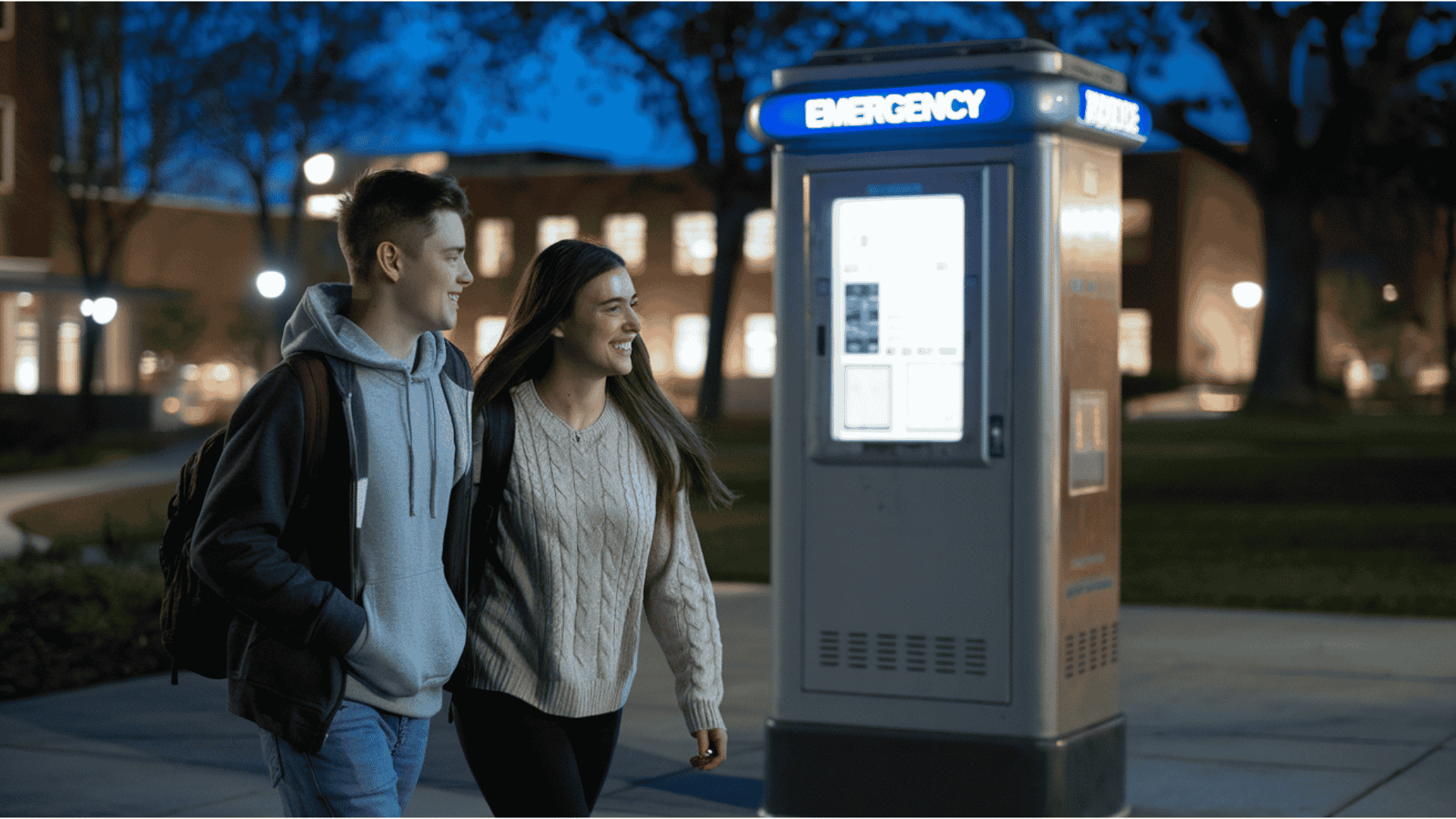
College students, especially those living away from home for the first time, face unique safety challenges. Most universities offer excellent resources, but many students fail to take advantage of them.
Examples of campus safety practices include:
| Situation | Smart Strategy |
|---|---|
| Walking to class after dark | Use campus escort services |
| Studying late at the library | Leave with a group or request security |
| Attending social events | Have a sober friend as backup |
| Meeting someone new | Choose public meeting spots |
Campus security officers are trained to handle student-specific concerns and are familiar with the safest routes. Since your tuition helps fund these services, don’t hesitate to use them.
Tip 6: Prepare for Emergency Situations
Emergencies rarely happen at convenient times. Having a plan and a few essentials ready can make a major difference when things go wrong.
-
Keep small amounts of cash on hand in case your cards are not accepted.
-
Maintain an emergency kit with water, flashlight, batteries, and first aid supplies.
-
Store key documents in a safe, accessible location.
-
Practice emergency drills with family or roommates so everyone knows what to do.
Many U.S. cities also offer free preparedness training through local fire departments or FEMA programs. Preparation isn’t about fear—it’s about reducing panic and increasing confidence.
Tip 7: Learn Basic Self-Defense Moves
Avoiding danger is always the best option. Still, knowing a few simple self-defense techniques can provide a confidence boost and practical skills if avoidance fails. Focus on moves that create an opportunity to escape rather than fight.
Strikes to vulnerable areas like the eyes, nose, or knees can disrupt an attacker long enough for you to get away. Noise is another powerful tool, yell or use a personal alarm to draw attention.
Community centers, YMCAs, and police departments often offer free or affordable self-defense classes designed for everyday people, not martial arts experts.
Tip 8: Share Your Location When Traveling
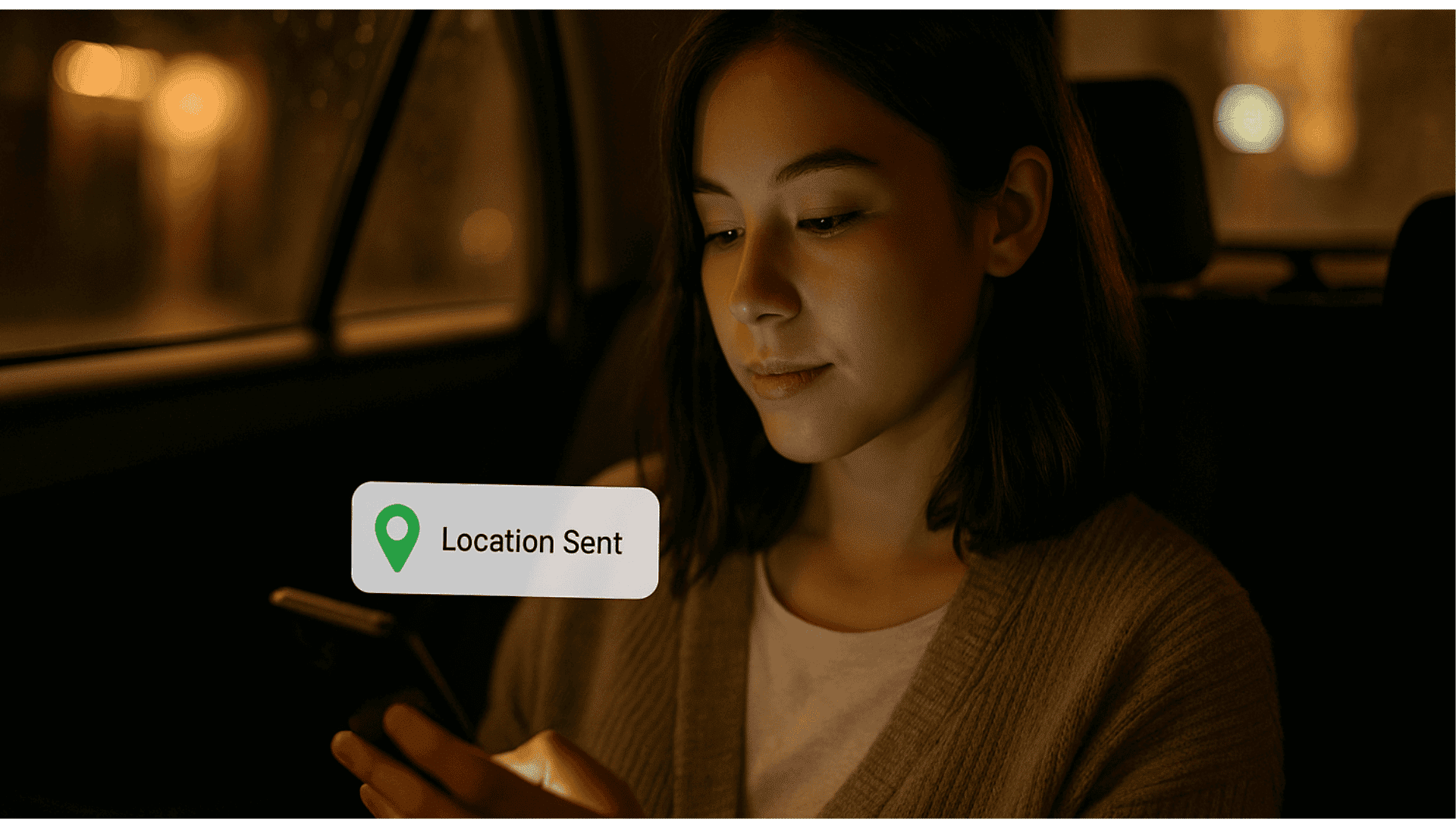
Travel brings excitement, but it also adds risks, especially in unfamiliar areas. A simple way to add security is by sharing your plans and location.
-
Research crime patterns and safe neighborhoods before visiting.
-
Share your itinerary with trusted friends or family.
-
Use rideshare apps with tracking features and let someone follow your trip in real time.
-
Check in regularly, especially if exploring alone.
Balancing flexibility with communication ensures someone will notice if you don’t arrive as expected, creating a safety net when you’re away from home.
Conclusion
Personal safety isn’t about living in fear. It’s about building smart, consistent habits that protect you in everyday life.
The tips above, from trusting your instincts and walking with confidence to securing your home, preparing for emergencies, and sharing travel plans, work because they’re practical and easy to remember.
Start small by choosing one or two that fit your daily routine. Maybe it’s setting up emergency contacts or walking more attentively at night.
As these habits become second nature, you can build on them.
What personal safety strategies work best for you? Share your thoughts in the comments. Your experience could help someone else stay safe, too.

